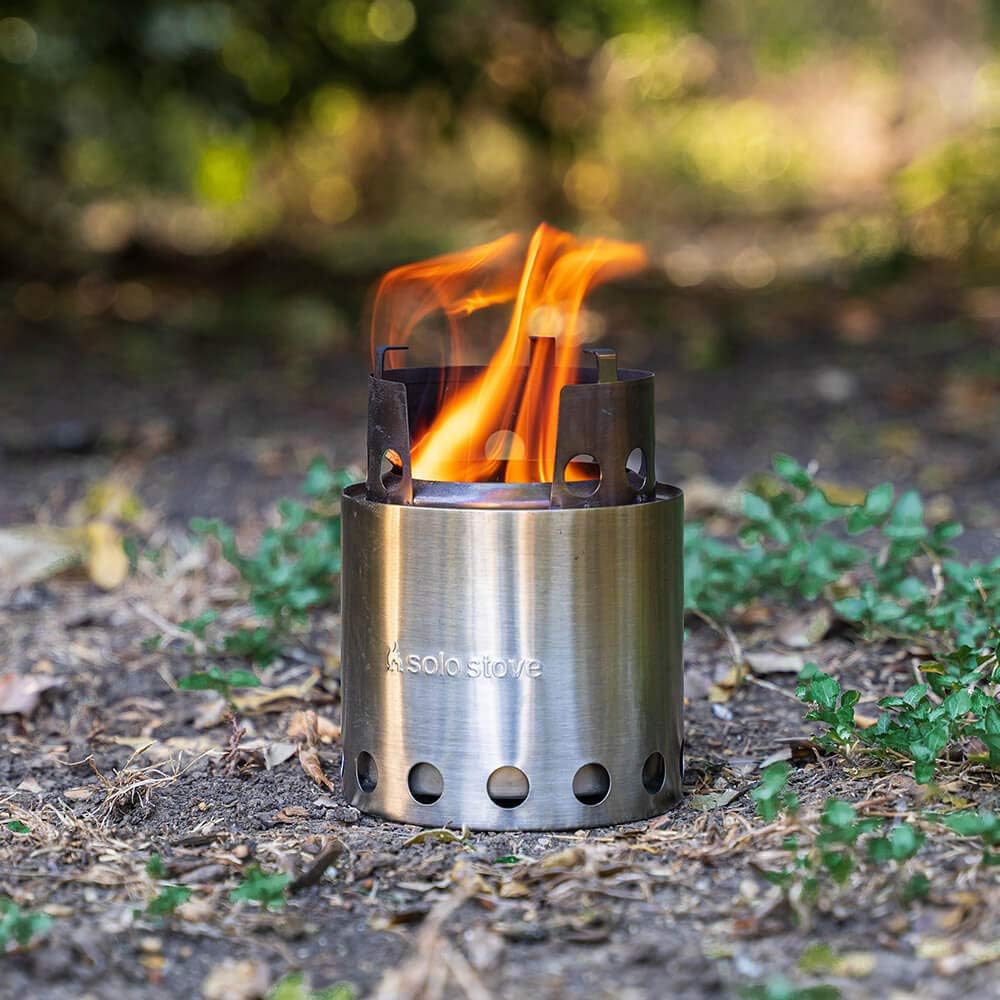<script type="text/javascript" src="http://classic.avantlink.com/affiliate_app_confirm.php?mode=js&authResponse=c4e13e1b9b5acdedad16d533a16f7bf0c234d607"></script>
<script type="text/javascript" src="http://classic.avantlink.com/affiliate_app_confirm.php?mode=js&authResponse=c4e13e1b9b5acdedad16d533a16f7bf0c234d607"></script>

Choosing the right camping stove fuel is essential for cooking efficiency, weight considerations, and performance in different weather conditions. Propane, butane, and wood-burning stoves each have distinct advantages and drawbacks, making them ideal for different types of campers.
In this guide, we’ll compare propane, butane, and wood-burning stoves, helping you determine the best option for backpacking, car camping, and extreme weather conditions. If you’re looking for top-rated stoves, check out our Best Camping Stoves of 2025 for expert recommendations.
| Feature | Propane | Butane | Wood-Burning |
|---|---|---|---|
| Performance in Cold Weather | Excellent | Poor | Moderate |
| Weight & Portability | Moderate | Lightweight | Heavier (fuel-free) |
| Ease of Use | Easy, instant ignition | Easy, but can struggle in cold | Requires fire-building skills |
| Environmental Impact | Uses non-renewable fuel | Uses non-renewable fuel | Renewable fuel source |
| Availability of Fuel | Readily available | Harder to find in remote areas | Abundant in the wild |
| Burn Time per Fuel Source | Long, efficient | Shorter than propane | Unlimited, but needs constant feeding |
🔹 Best for: Car campers, all-weather adventurers, and those needing a reliable, high-heat stove.
Coleman Classic Propane Stove – A two-burner camping stove ideal for group cooking.
👉 Pairs well with: Best Camping Gear of 2025 for a full campsite setup.
🔹 Best for: Warm-weather backpackers, campers who prioritize lightweight stoves, and casual camping trips.
GasOne GS-3400P Dual Fuel Stove – Works with both propane and butane, offering flexibility in fuel choice.
👉 Pairs well with: Best Backpacking Stoves of 2025 for lightweight cooking options.
🔹 Best for: Survivalists, long-term backpackers, and campers in areas where collecting wood is permitted.
Solo Stove Lite – Compact, efficiently burns wood, and minimizes smoke.
👉 Pairs well with: Best Sleeping Bags of 2025 for staying warm while cooking in the cold.
| Your Camping Style | Best Stove Type |
|---|---|
| All-Weather Camping | Propane Stove |
| Ultralight Backpacking | Butane Stove |
| Eco-Friendly, Off-Grid Camping | Wood-Burning Stove |
| Car Camping & Group Cooking | Propane Stove |
| Survival & Emergency Use | Wood-Burning Stove |
❓ Which stove is best for backpacking?
❓ Can propane stoves be used in cold weather?
❓ Are wood-burning stoves safe to use?
Choosing between propane, butane, and wood-burning stoves depends on your camping style, climate, and fuel availability. If you need reliable all-weather performance, go with propane. If weight is a concern, butane stoves are a great ultralight option. For those who prefer eco-friendly camping, wood-burning stoves are fuel-free and sustainable.
Looking for the best stoves this year? Check out our Best Camping Stoves of 2025 for expert recommendations and gear comparisons!